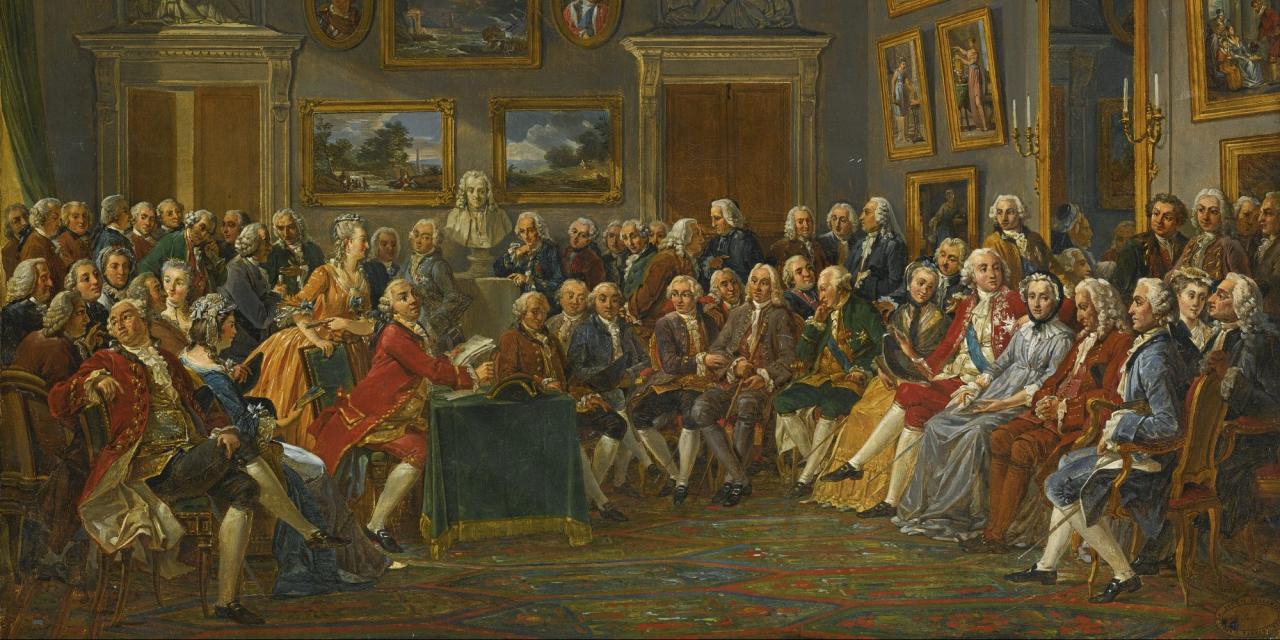
Age of Enlightenment: Revolution of Ideas
The Age of Enlightenment, spanning approximately from the late 17th to the late 18th centuries, was a period of profound intellectual and philosophical upheaval that transformed European thought and society. It was characterized by a widespread belief in reason, empiricism, and individual liberty, which had a far-reaching impact on everything from politics to science.
Philosophical Principles:
- Rationalism: Enlightenment thinkers emphasized the power of human reason to understand the world. They believed that observation, logic, and skepticism could lead to the discovery of truth and the solution of societal problems.
- Empiricism: Closely related to rationalism, empiricism stressed the importance of experience and observation. Philosophers argued that knowledge should be based on evidence acquired through the senses.
- Individualism: The Age of Enlightenment witnessed a growing emphasis on the individual. Thinkers believed that each person had inherent rights and responsibilities, regardless of their social status.
Political and Social Ideas:
- Natural Law: Enlightenment thinkers believed in the existence of universal, natural laws that governed both nature and human society. These laws were based on reason and morality, and they could be used to critique existing political systems.
- Social Contract: Philosophers such as John Locke and Jean-Jacques Rousseau argued that governments should be based on the consent of the governed. They proposed that individuals had the right to overthrow unjust governments.
- Separation of Powers: Montesquieu advocated for a separation of powers within government, arguing that this would prevent tyranny and protect individual liberties.
Scientific Revolution:
The Age of Enlightenment coincided with significant advances in science. Scientists such as Isaac Newton and René Descartes made groundbreaking discoveries in physics, astronomy, and mathematics. The scientific method became a central tool for understanding the natural world, and it challenged traditional beliefs and superstitions.
Legacy:
The Age of Enlightenment had a profound impact on Western civilization. Its ideas and principles paved the way for the American Revolution, the French Revolution, and the development of modern democracy. They also shaped the fields of science, education, and social thought.
The Age of Enlightenment’s legacy continues to resonate today. Its emphasis on reason, individual liberty, and the pursuit of knowledge remains a guiding force for societies around the world. By fostering critical thinking, promoting progress, and inspiring social change, the Age of Enlightenment revolutionized the way we understand ourselves and the world we live in.